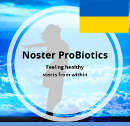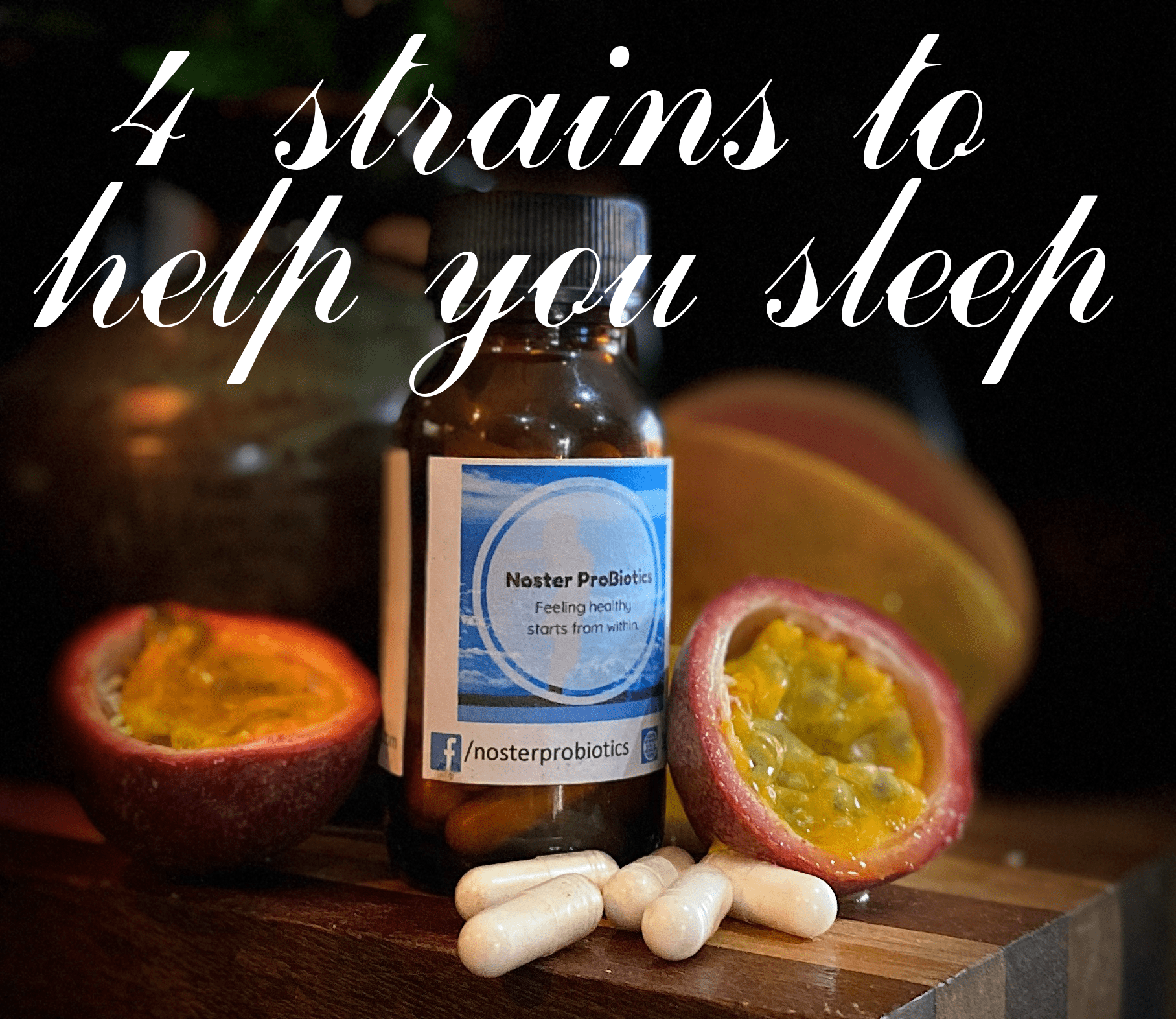Do probiotics help you sleep better? According to the latest research they absolutely do.
First, although we all know we need sleep, let’s recap a little.
With enough high-quality sleep, we feel invigorated, able to cope with the world, less prone to anger and generally a better person.
During sleep, the body is not resting. In fact, it is very busy.
- fixing cells
- generating new cells
- removing waste from the brain during non-rem sleep
- processing memories, getting rid of the non-important ones. There are cells that “eat” the dendrites, extensions of the nerve cell
- around 3 am it gets ready for the day, synthesizing critical compounds, such as cholesterol,
- creates essential hormones and neurotransmitters
Stages of Sleep
There used to be 2 main stages of sleep, REM sleep and non-REM sleep. Now there are 5
REM – stands for Rapid Eye Movement,
All 5 steps are crucial to a “good nights sleep”
- Light theta wave as you are moving from wake to sleep
- True light theta, the muscles relax, the pulse slows and the bodies temperature drops
- Light delta wave, as we slip deeper into sleep the muscles freeze and outside stimuli are ignored, to a point.
- Deep slow-wave delta. This is the deepest sleep and essential for repair and maintenance of the body and especially the mind. The leftovers of metabolic processes are removed from the brain during this time.
- Rapid eye movement (REM) sleep is when we dream. It is a time of sorting out memories and for dreaming.
The hormones and neurotransmitters control of these steps. The gut creates these chemicals.
The most important are
- Serotonin, the “feel-good hormone”, although it is a neurotransmitter, 90% is produced in the gut buy probiotics.
- GABA (gamma-aminobutyric acid) suppresses nerve activity allowing the brain to rest and fall asleep
- Cortisol (the stress hormone). The probiotics keep this under control reducing the levels.
- Tryptophan is a precursor to melatonin. The gut probiotics produce Tryptophan. The Tryptophan is converted to the melatonin
- Melatonin which controls sleep-wake cycles
The Gut-Brain Axis
The brain and the gut have bi-directional communication, ie both ways. This is via the Vagus nerve which starts in the brain stem and ends in the abdomen.
The other communication is chemical via the neurotransmitters and hormones.
Circadian Rhythms
Light and length of the day amongst other things determine the circadian rhythms. They are our internal biological clocks. The interesting thing is the probiotics in our gut have their own circadian clocks which are bound to ours. Theirs is influenced by what we eat.
Improve Your Sleep
As you can see our probiotics are critical to our sleep.
You can ensure a good night sleep every night by making sure your probiotics and your gut health are looked after. Take a regular probiotic daily.
Make sure you protect your gut probiotics by avoiding things that are detrimental
- antibiotics
- high sugar diet
- lack of exercise
- not enough time outdoors
- toxins such as pesticides
You should take steps to actively improve your sleep
- increase exercise, walking or running
- organic foods
- set up a routine, ie sleep at the same time every night including weekends
- do not watch TV or use a computer or phone for an hour before bed. The blue light from the screens keeps you awake
The Strains For Sleep
The research suggests that a multi-strain probiotic would be ideal. The recommended strains are
- Lactobacilli fermentum
- Lactobacilli longum
- Lactobacilli plantarum
- Lactobacilli rhamnosus
- Bifidobacterium longum
Noster ProBiotics has four of the five, just the first one is missing. So you get 4 sleep assistants.
Do probiotics help you sleep better? Undoubtedly!!!
The easiest thing to do is to take a Noster ProBiotic daily.

